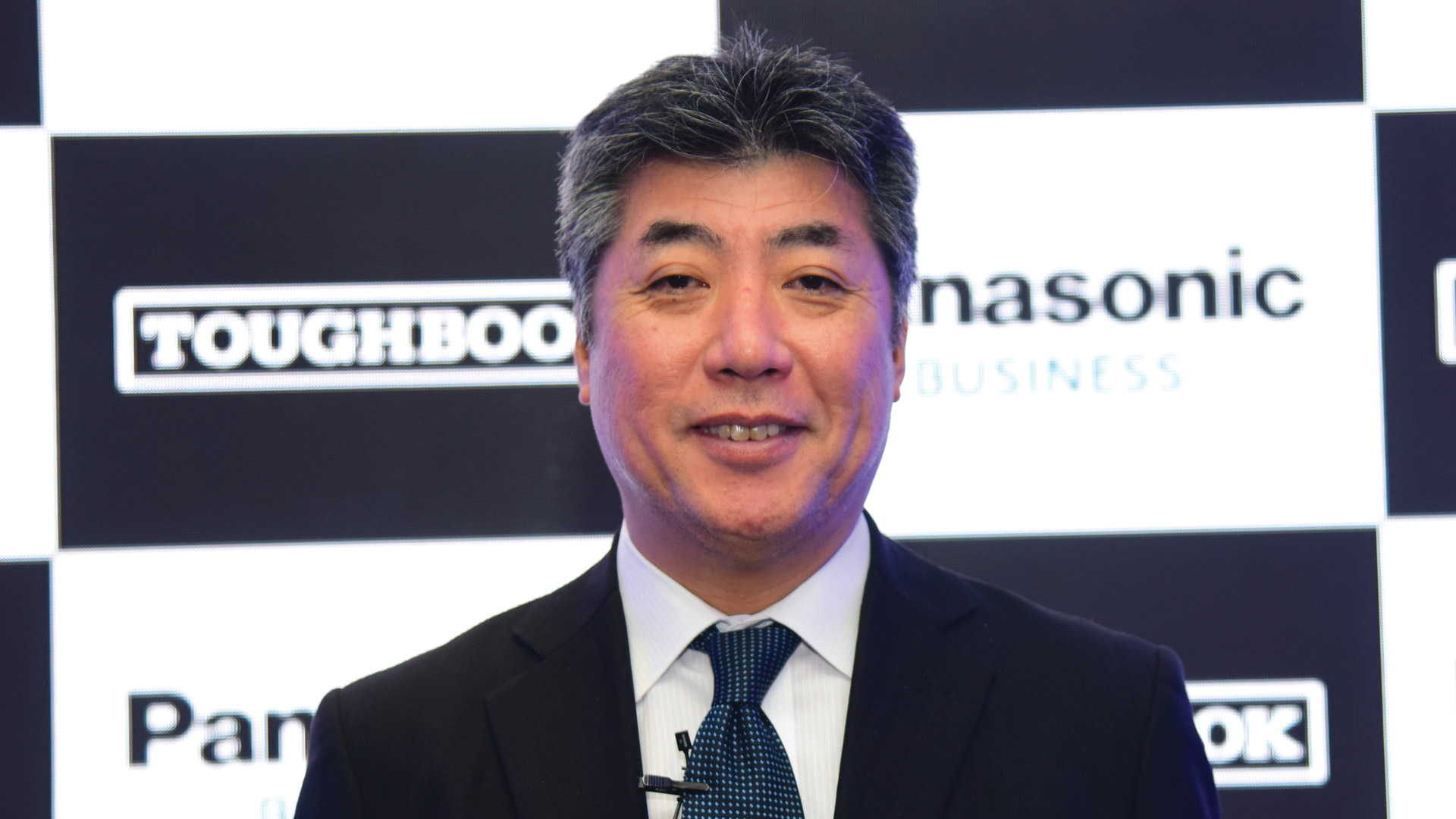50 MANUFACTURING COMPANIES – AkzoNobel India

Anil Singh believes that the only way to do great work is to love what you do! It’s with this belief he joined AkzoNobel Gwalior plant in December 2015 and worked there for two years. “It used to be considered as a ‘baby plant’ since it has started operations only two years before.
Rigorous work practices in area of world-class manufacturing turned the ‘baby plant’ to Best Plant in 2017 across South East Asia & Middle East for performing across all KPIs such as safety, quality, service and cost. He then moved to Hyderabad to take on additional responsibility. That plant too won Best Plant in India.
In July 2018, he was given the task as Lead, South Asia Water Borne Plants stream to implement best practices across plants. That was only possible due to practices such as MDI (Managing Daily Improvements).
Singh believes that world-class manufacturing can happen only with GEMBA practices on the shop floor. Improvements such as Kaizen, and Poka Yoke (error-proofing) help boost employee morale while increasing efficiency in the long run, he says. There’s a need to identify Performance Gap Reports (PGR), which otherwise can take a toll on employees. He began a system to recognise best efforts by team members and started Daily Recognition for Best PGR analysis.
The company has a way to measure waste at every level, which has helped reduce waste generation by 72% last one year and improved productivity by 41%.
He knows that people capability building is a challenge and ensures that regular training is a part of his KRA. Besides that, nurturing future talent for manufacturing excellence is done through training students.
Going forward, SIngh believes that world-class manufacturing standards will focus on cost efficiency/cost deployment matrix. Machine & capital productivity will improve through digitalisation. Automation, which is human friendly, will aid in safety of people. Detailed Data Analytics will help in spotting trends and patterns of operational parameters and accurate gap analysis. Lastly, Data Management will increase significantly as quantum of data generation increases.

































---Mahendra-Singhi.jpg)










.jpg)






